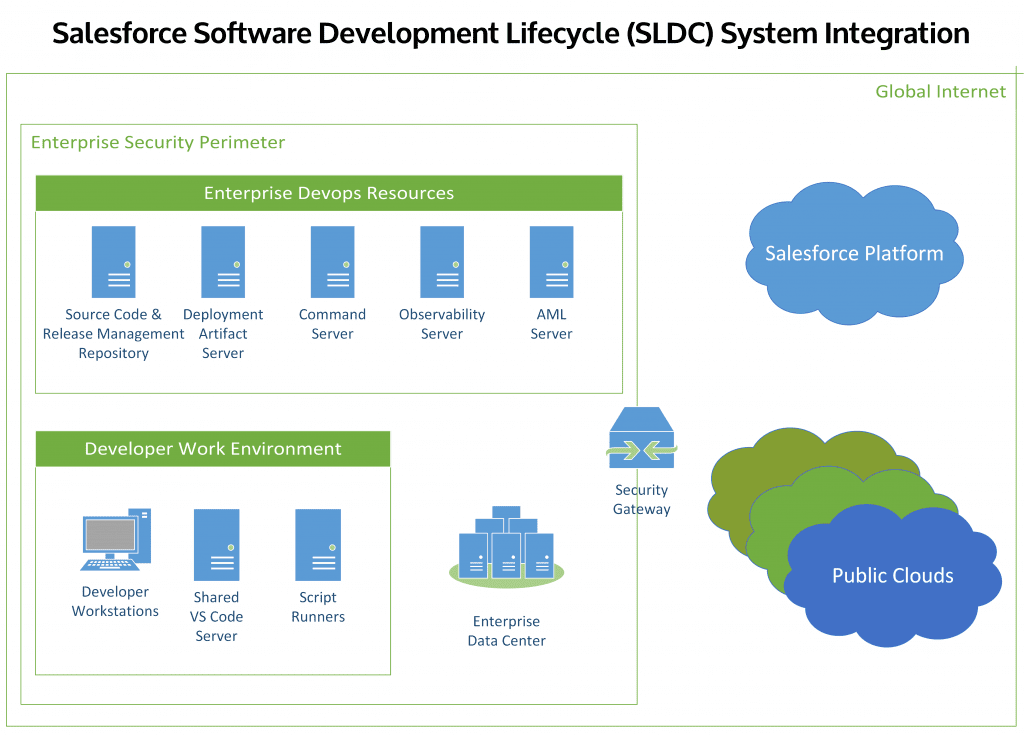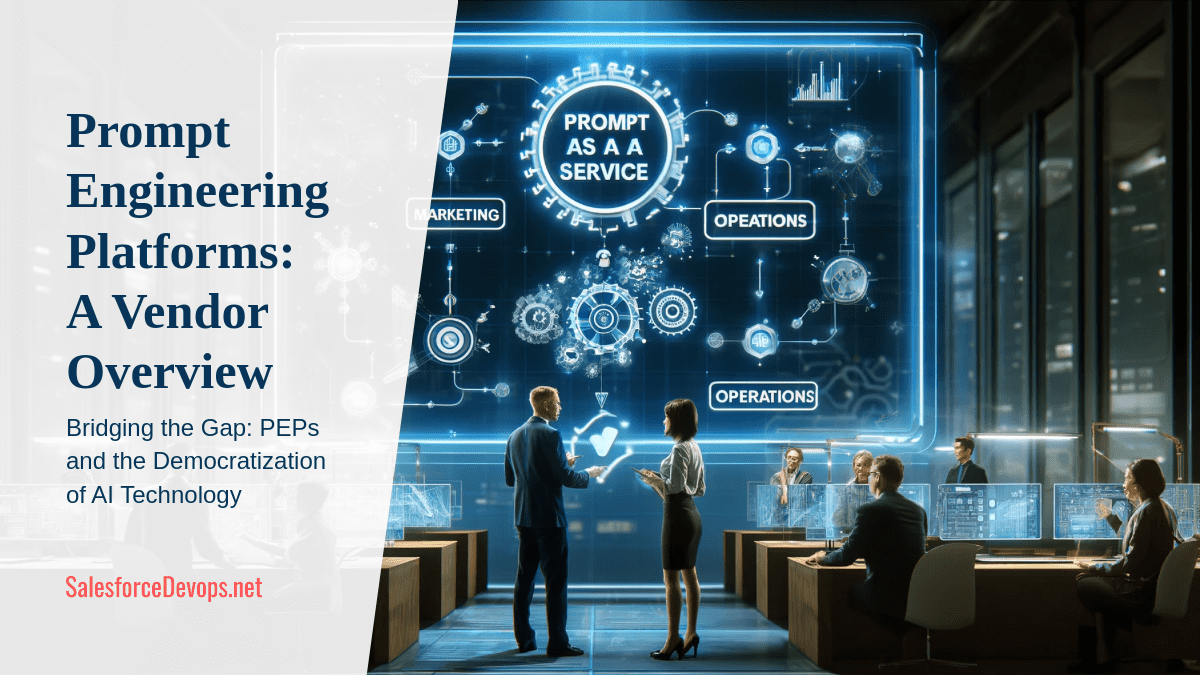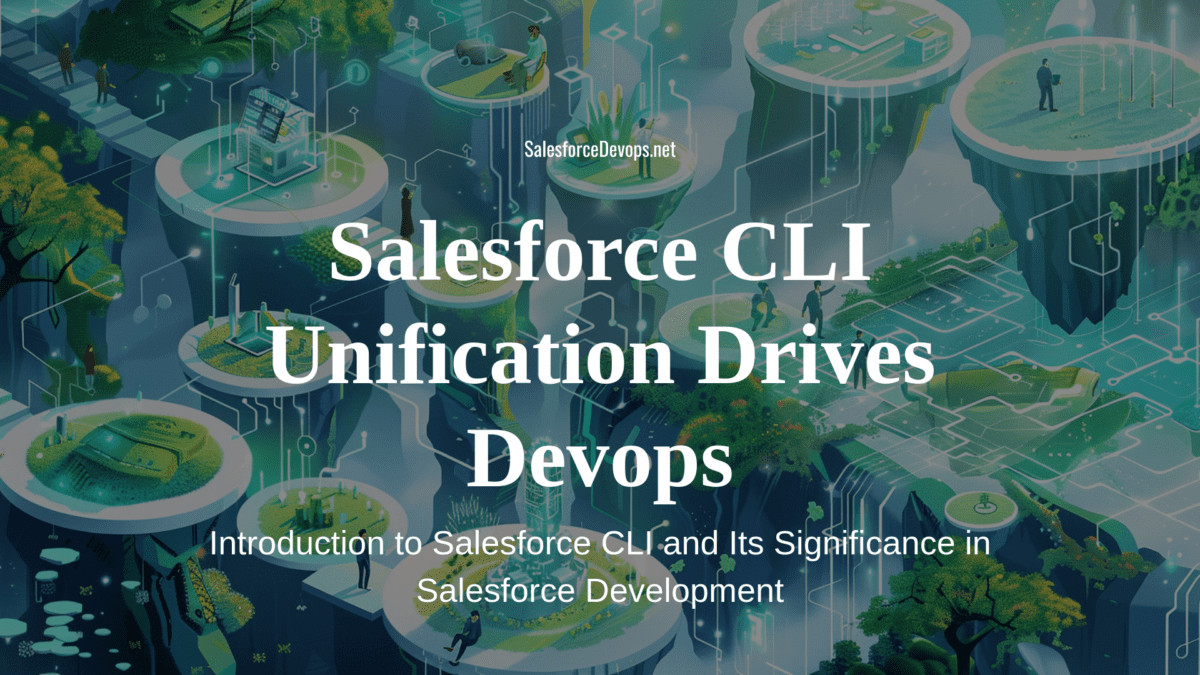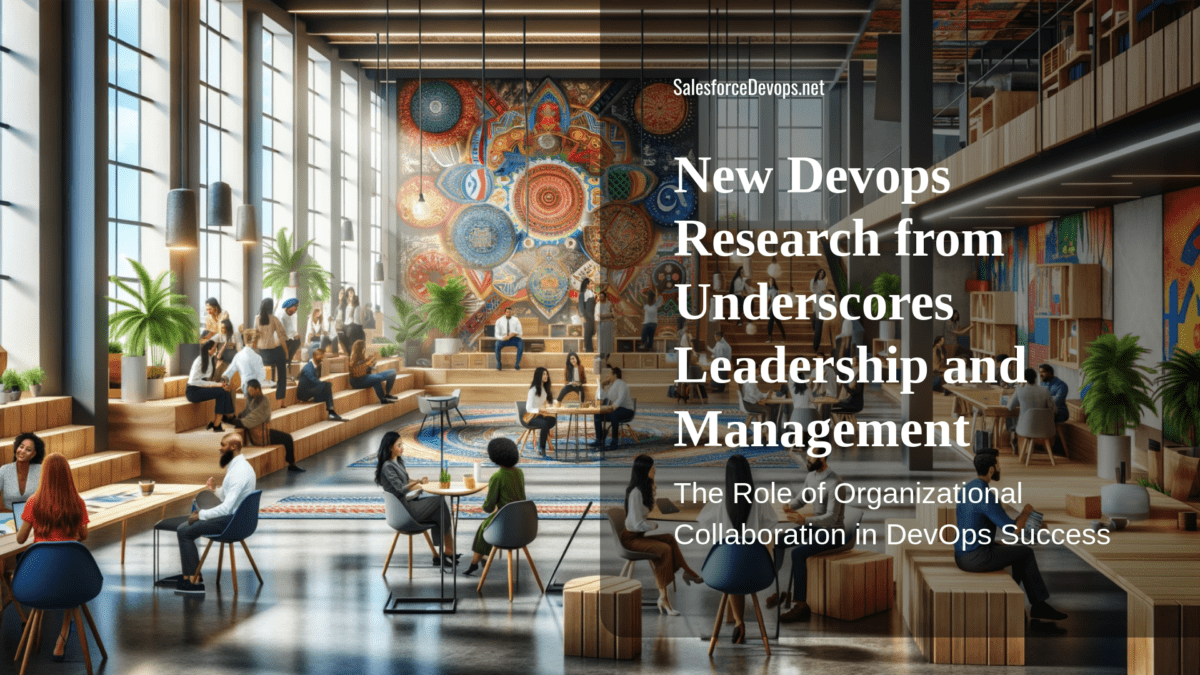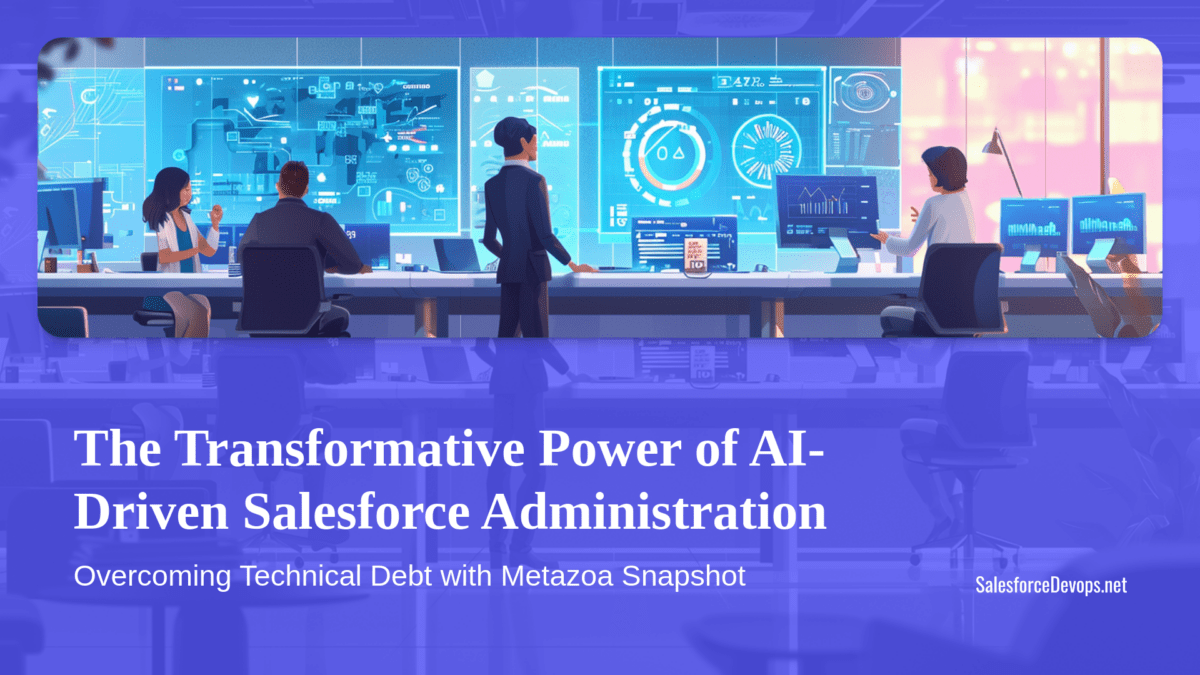The Ways of the Salesforce Devops: Build or Buy?
Every Salesforce software pipeline needs devops. The question is no longer should I buy devops, but how do I buy devops! After an enterprise commits to devops, what happens next for a solution architect is to confront the decision of whether to build or to buy a Salesforce devops solution.
In 2021 the Salesforce software development lifecycle (SDLC) is broken, creating epic backlogs in enterprise application development. For some insights into why, check out my earlier post on the state of Salesforce devops in 2021. The way we communicate about the mechanics of Salesforce enterprise application development also needs an overhaul. Check out another article on SLDC nomenclature to learn more about the words I use to describe Salesforce devops, SDLC and enterprise application development.
First Decision – Build or Buy?
In the past, a Salesforce devops solution required the construction of a unique, open-source based solution. Now, there are at least 10 vendors who offer software solutions and several consultancies that deliver Salesforce devops solutions.
When To Buy
The signal to buy an enterprise Salesforce devops program is when an analysis shows the enterprise does not have the time or the resources to build their own devops program. Unfortunately, hiring devops engineers to run a new program is too risky a strategy in the United States job market.
Most enterprise Salesforce shops are not in a position to build their own develops solutions. These enterprises require application development professional services as well as a commercial, Salesforce-specific software product in order to implement a Salesforce devops program. Fortunately, most work in creating an enterprise devops program is done up front and does not necessarily require constant maintenance after implementation.
Learn the Ways of the Devops
The devops program needed by every enterprise is unique and potentially quite impactful. A devops team’s first job is to understand the business goals of the coding effort, including the stakeholder perspectives and all perspectives of existing teams. Identify and assess devops efforts already underway by those teams. Assess the suitability of existing standardized developer configurations, the developer network environment, available cloud resources, and other factors. And, above all, make sure there are engineering metrics in place so you can measure your success.
How To Build
One way to go forward with a DIY enterprise devops program is to run a test program using a combination of devops best practices and doing what is practically attainable in a particular Salesforce shop. After this process is underway, be sure to judge a devops program’s ROI based on developer metrics. Those metrics could come from the agile process, developer productivity and customer satisfaction.
What does a DIY or open-source Salesforce devops solution look like? It is likely to be assemblage of tools and techniques that looks the following diagram.
To find out more, check my earlier post for a full explanation of the elements in this diagram.
Why would an enterprise choose to assemble a custom network of volatile parts to do this important task? One possible explanation is that a group of coders and system experts got tired of repeating themselves. And in order to make a difference in their daily lives they have been slowly building scripts and custom tools to get the job done.
Solutions are Available
My advice to anyone thinking about using devops to accelerate enterprise application development is simple. Do it, but be smart in how you go about it. Convince IT leadership to invest a pilot program as well as the research and metrics required to know if your develops program is successful.
Find and enable the developers who are already doing devops in your enterprise. And, don’t be afraid to call one of the vendors, system integrators, or consultants who specialize in Salesforce devops. Many of the tools offered by these vendors tame the metadata monster and help with developer productivity.
The Salesforce Devops Journey Continues
There is so much more to do to help developers and architects to make millions of Salesforce users happier and more productive. If you have your own enterprise application development story or other article ideas, drop me a line today!
About Vernon Keenan

Vernon Keenan (LinkedIn) works as a senior information technology industry consultant based in Oakland, California.
He earned his B.Sc. in Biomedical Engineering at Northwestern University where he programmed a PDP-8 with punched paper tape.
In his 34-year-long career he has been a teacher, SPSS programmer, database administrator, clinical researcher, technology journalist, product marketing manager, market researcher, management consultant, industry analyst. Most recently he has been a telecom operator, cloud architect, Go devops engineer and Salesforce Developer/Architect.
For inquiries about Salesforce strategy briefings or solution architect work please contact Vern directly at +1-510-679-1900 or [email protected].

